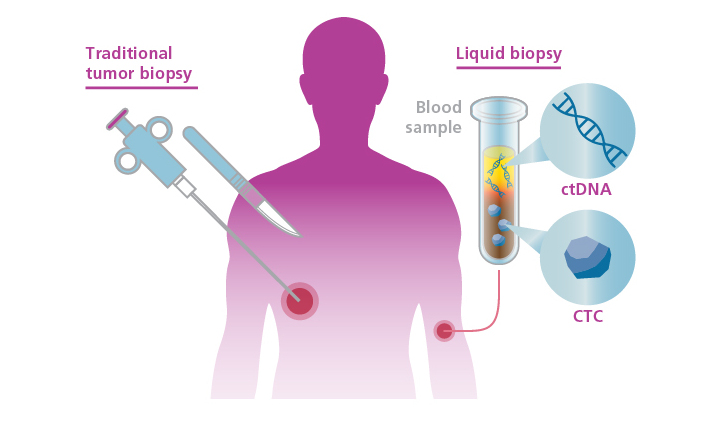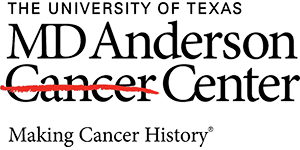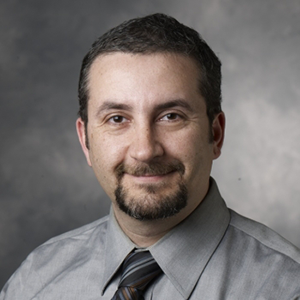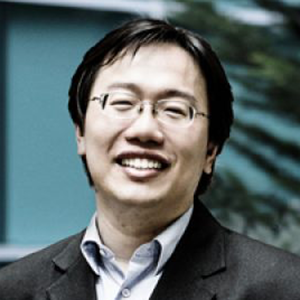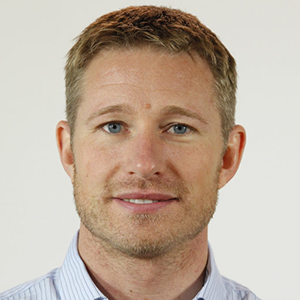Blood/liquid biopsy-based biomarkers for the most accurate early detection of cancer are still in the early phases of development. Before these types of biomarkers/tests can be used in the clinical setting, various clinical and preclinical issues (e.g. detection sensitivity) need to be addressed. This session discusses latest advancements in the development of blood-based biomarkers and describes clinical study programs in which they are implemented, including the limitations and challenges that need to be overcome before the translation of their use for clinical purpose will be a reality.
Session Chair Profile
Biography
Alex Aravanis, MD, PhD, is Chief Scientific Officer and Head of R&D, and a Founder of GRAIL. Prior to GRAIL, Alex served as Senior Director of R&D for Illumina, Inc., where he developed multiple products, including clinical assays for the analysis of RNA and DNA from fixed tissues, whole exome analysis, massively parallel single cell transcriptomics and liquid biopsy using cell-free nucleic acids. Additionally, Dr. Aravanis served as Vice President of Development and Chief Science Officer of Sapphire Energy Inc., and was a Co-Founder and Vice President of Engineering of Pria Diagnostics, LLC. Alex holds a BS in Electrical Engineering, Computer Science, and Physics from the University of California, Berkeley, as well as an MS and PhD in Electrical Engineering, and an MD from Stanford University.
Speaker Profile
Biography
Dr. Kalluri’s research is broadly interested in the study of cell and tissue microenvironment and its impact on cancer progression and metastasis. Kalluri received his Ph.D. in Biochemistry and Molecular Biology from the University of Kansas Medical Center and his M.D. from Brown University Medical School. In 1997 he moved to Harvard Medical School as assistant professor of medicine and as a faculty based in the Department of Medicine at the Beth Israel Deaconess Medical Center. He later was appointed the chief of the Division of Matrix Biology and promoted to professor of medicine at Harvard Medical School. In 2012 Dr. Kalluri moved to The University of Texas MD Anderson Cancer Center as Professor and Chairman of the Department of Cancer Biology and Director of the Metastasis Research Center, and he currently holds the RE Bob Smith Distinguished Chair for Cancer Research.
Speaker Profile
Biography
The major focus of Dr. Alizadeh’s research group is to attain a better understanding of the initiation, maintenance, and progression of lymphoid tumors, and their response to existing and novel therapies toward improving current treatment strategies. In this effort, they employ tools from functional genomics, computational biology, molecular genetics, and mouse models. They hope to apply this knowledge towards the design of clinical trials in the treatment of patients with lymphoma, leukemia, and myeloma.
Speaker Profile
Biography
In his role as Freenome’s Chief Scientific Officer, Jimmy is responsible for our scientific strategy, research operations, and growing the company’s world-class scientific team. He brings a proven record of translating cutting-edge research into commercial success, with a focus on the development and launch of blood-based assays for cancer monitoring and detection of molecular residual disease. Prior to joining the private sector, as CSO for Oncology at Natera, the global genomic diagnostics company, Dr. Lin led the intramural clinical genomics program at the National Cancer Institute at the National Institutes of Health. At Johns Hopkins and Washington University in St Louis, he spearheaded the computational analyses of the first-ever exome sequencing studies in multiple cancer types. Dr. Lin holds an MD and a PhD in Cellular and Molecular Medicine from Johns Hopkins School of Medicine, as well as a Master of Health Sciences in Bioinformatics from Johns Hopkins School of Public Health. As an undergraduate at Yale, he majored in Cognitive Science and Molecular Biophysics & Biochemistry. Dr. Lin was a 2016 Senior TED Fellow and is the Founder and President of the Rare Genomics Institute.
Speaker Profile
Biography
Johan Skog is a renowned, well-published thought leader in exosome science having pioneered breakthrough discoveries about exosomes and other microvesicles and their vital role as cell messengers and disease proliferators. While at Massachusetts General Hospital/Harvard Medical School, Dr. Skog discovered that tumor-derived mutations can be detected in exosome RNA from serum and other biofluids, findings which were published in Nature Cell Biology in 2008. Additionally, he demonstrated that exosomes serve to deliver messages to other cells, inducing changes favorable to the proliferation of cancer. At Exosome Diagnostics, Dr. Skog continues to pioneer critical advancements in diagnostics and expand the field of exosome biology. Dr. Skog’s research background includes virology, gene therapy, brain tumors, RNA and biomarker discovery, and he is an inventor on several patents. Dr. Skog earned his Master of Biomedical Sciences and Doctorate at Umeå University, Sweden.






